When it comes to storage, your attic might seem like a convenient place to hide away the things you rarely use, but unfortunately, not everything is suited for the extreme conditions often experienced there. Do you want to preserve your belongings? Check out the 17 items you should think twice about storing in your attic.
Wooden Furniture
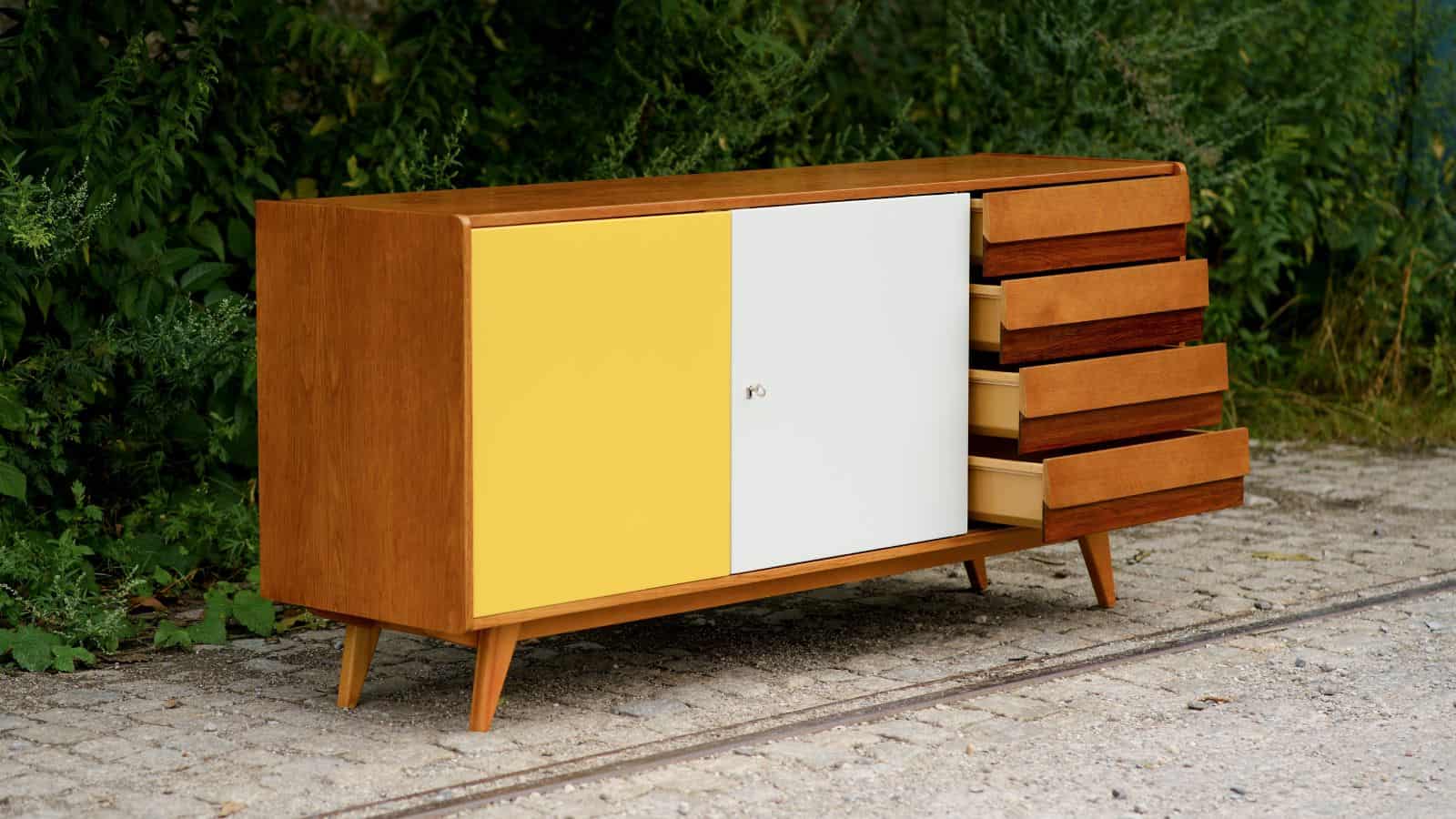
Wood is quite susceptible to damage, and the fluctuating temperatures and humidity in an attic can cause it to warp or crack over time. Unfinished attics can also attract pests that may damage wooden items. We suggest you find someplace in your home that’s fully sealed and climate-controlled to store wooden furniture instead.
Candles
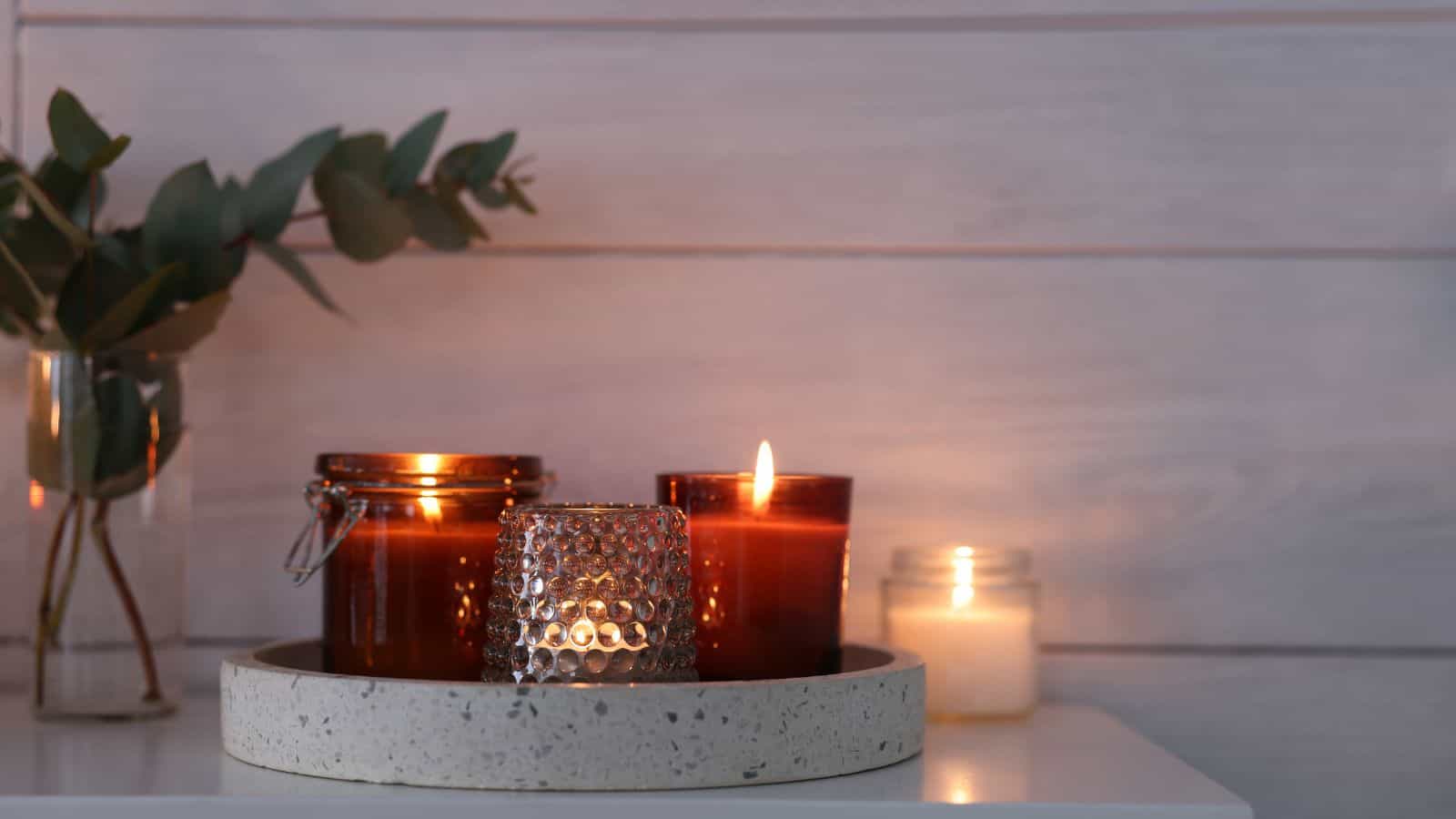
Are you an avid candle collector? Well, if you’ve been storing any in your attic, it’s time to move them elsewhere! High temperatures during the summer can turn your candle stash in the attic into a waxy mess, which could even be a fire hazard. It’s best to keep candles in a cool, dry place if you want them to remain in the best possible condition.
Paint and Art Supplies
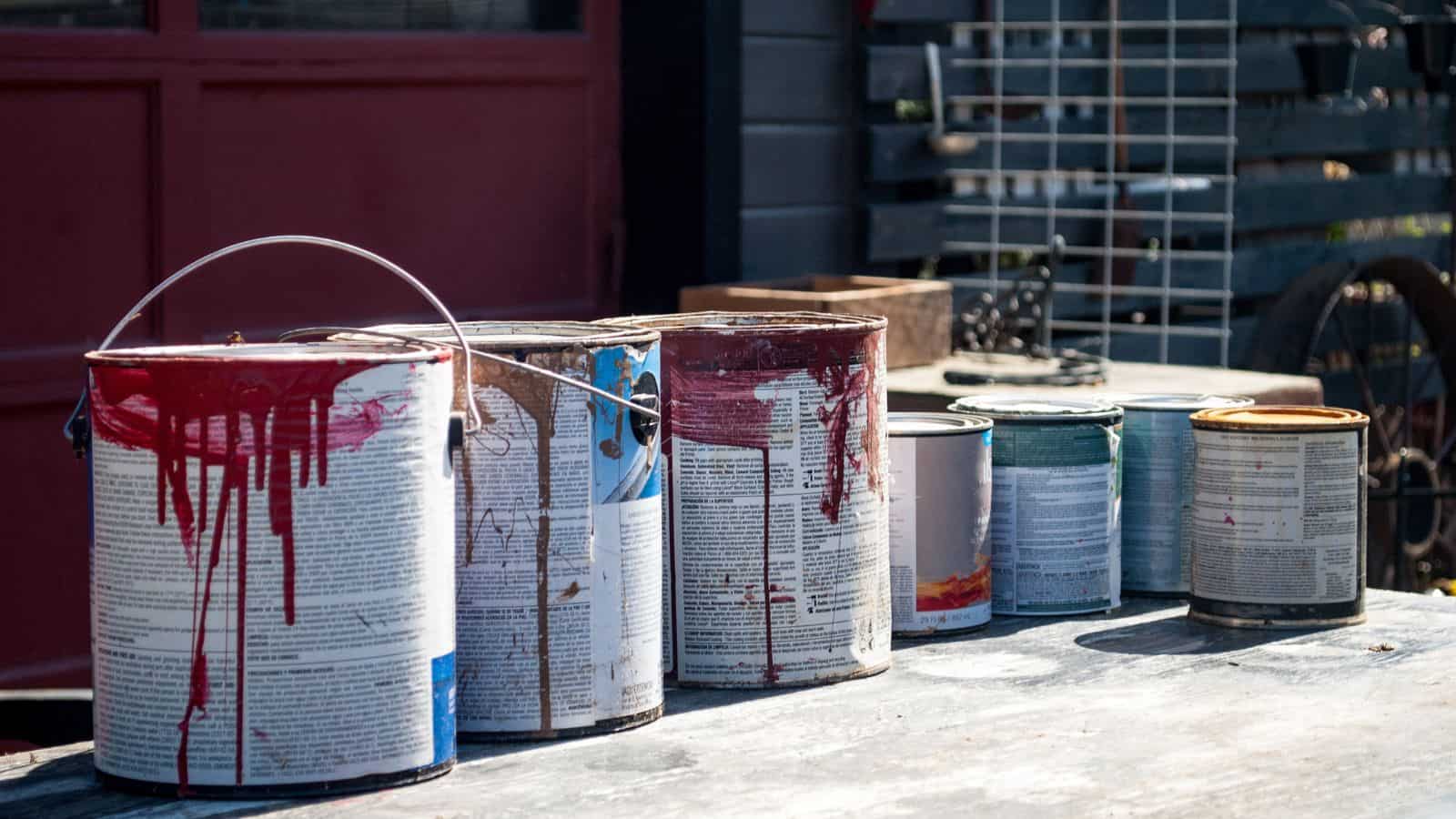
Both heat and cold can alter the chemical composition of the paint and cause it to deteriorate, so it’s not the best idea to keep it in the attic. Better Homes & Gardens says, “All paint should be kept out of direct sunlight and in a place that’s temperature controlled, ideally between 60 and 80 degrees Fahrenheit.”
Cosmetics

High temperatures that often arise in attics can also melt make-up products and affect their formulas. Humidity can also encourage mold growth, particularly in natural or preservative-free cosmetics. Keeping your cosmetics in a cool, dry place inside your home rather than an attic is recommended.
Medication

If you’ve stocked up on medication and are wondering where to keep it all, don’t choose the attic! The extreme temperatures can reduce the effectiveness of medications and even cause some to become unsafe. Plus, gel capsules and other forms of medicine can melt or degrade.
Food Products
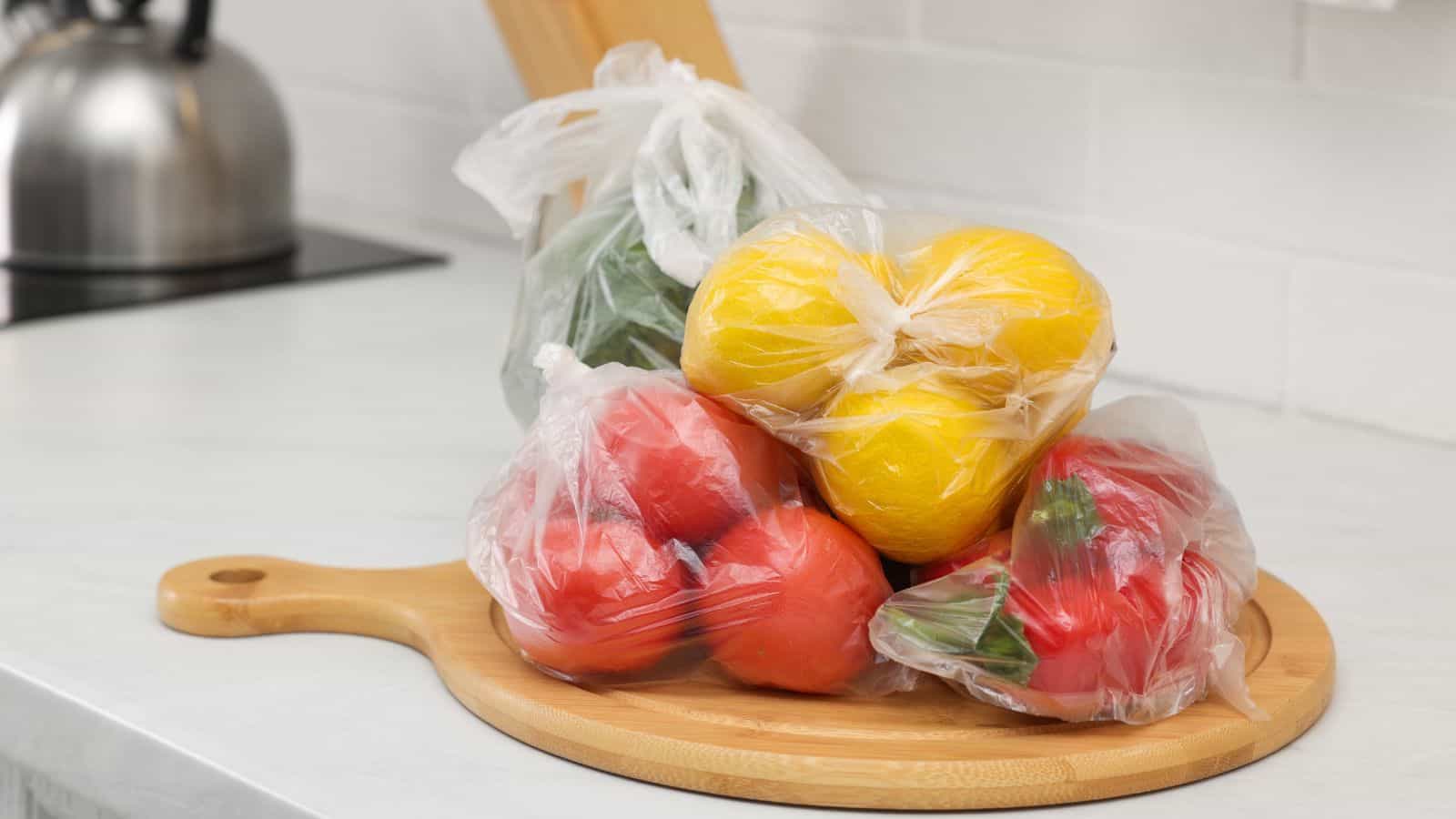
You likely wouldn’t consider storing food products up in your attic, but if you’re thinking about it, you should know that even sealed containers can attract rodents and insects, leading to possible infestations. Not to mention, temperature fluctuations can spoil food, making it unsafe to consume.
Cardboard Boxes
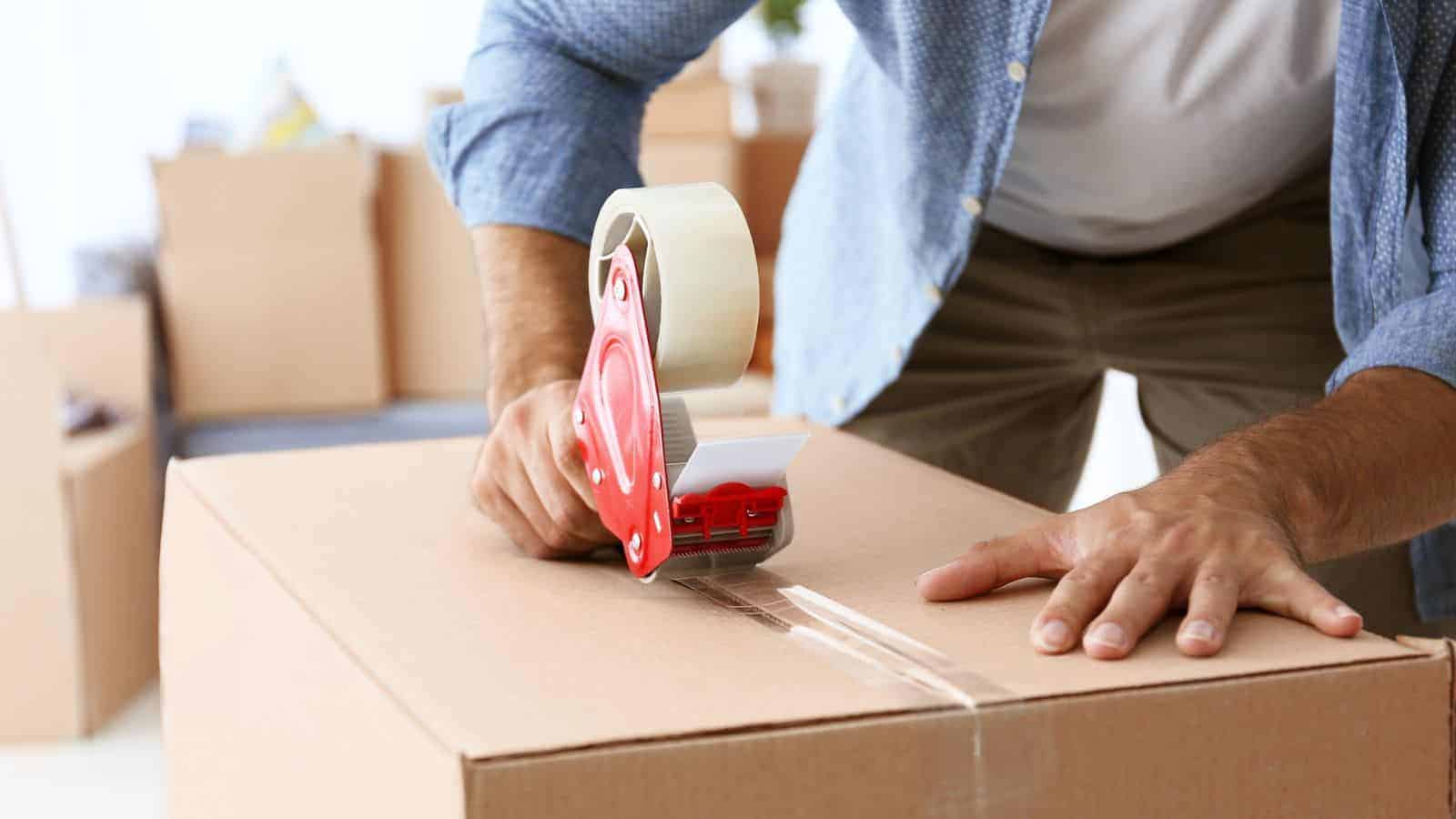
As told by Attic Solutions, “It only takes one leak or moisture issue in the attic to completely destroy cardboard.” Regardless, cardboard can disintegrate over time and attract pests like mice, which may cause damage. It’s wiser to use durable plastic bins with secure tops for better protection and organization.
Electronics

Anyone planning to use their electronics ever again shouldn’t risk storing them in the attic, as they can get damaged. The extreme temperatures, for example, can permanently damage electronic circuits and batteries. Recycling unused electronics or storing them in temperature-controlled areas is the better solution.
Leather Goods
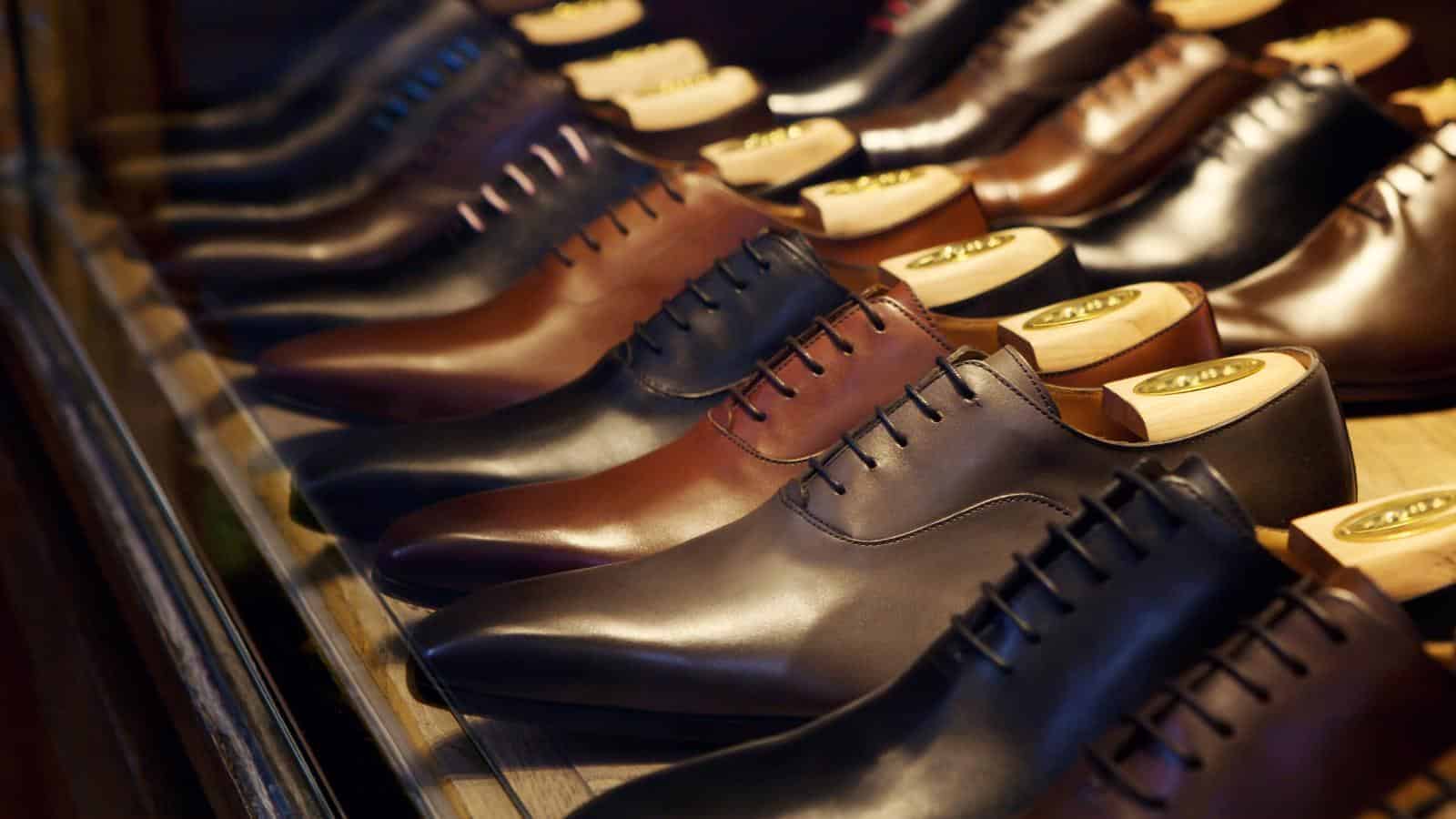
Leather can dry out, crack, or even mold in fluctuating attic conditions, where the air can be extremely moist. Care and maintenance are important when it comes to leather goods, so the attic is the last place you’ll want to store your items. Instead, you should clean and condition leather regularly and store it in a stable environment.
Important Documents

Much like everything else on this list, there’s a risk of damage occurring when storing documents in the attic. Heat and humidity can fade inks, degrade paper, and make documents illegible. If you’re looking for a secure and safe place to store documents, fireproof and waterproof safes are ideal.
Musical Instruments

According to The Bate Collection, “For long-term care, instruments should be kept in an environment that does not suffer from wild variations in temperature and relative humidity.” So, that rules out the attic as a storage spot! Instruments should be stored in their cases with humidity-control packs or in climate-controlled rooms.
Delicate Holiday Decorations
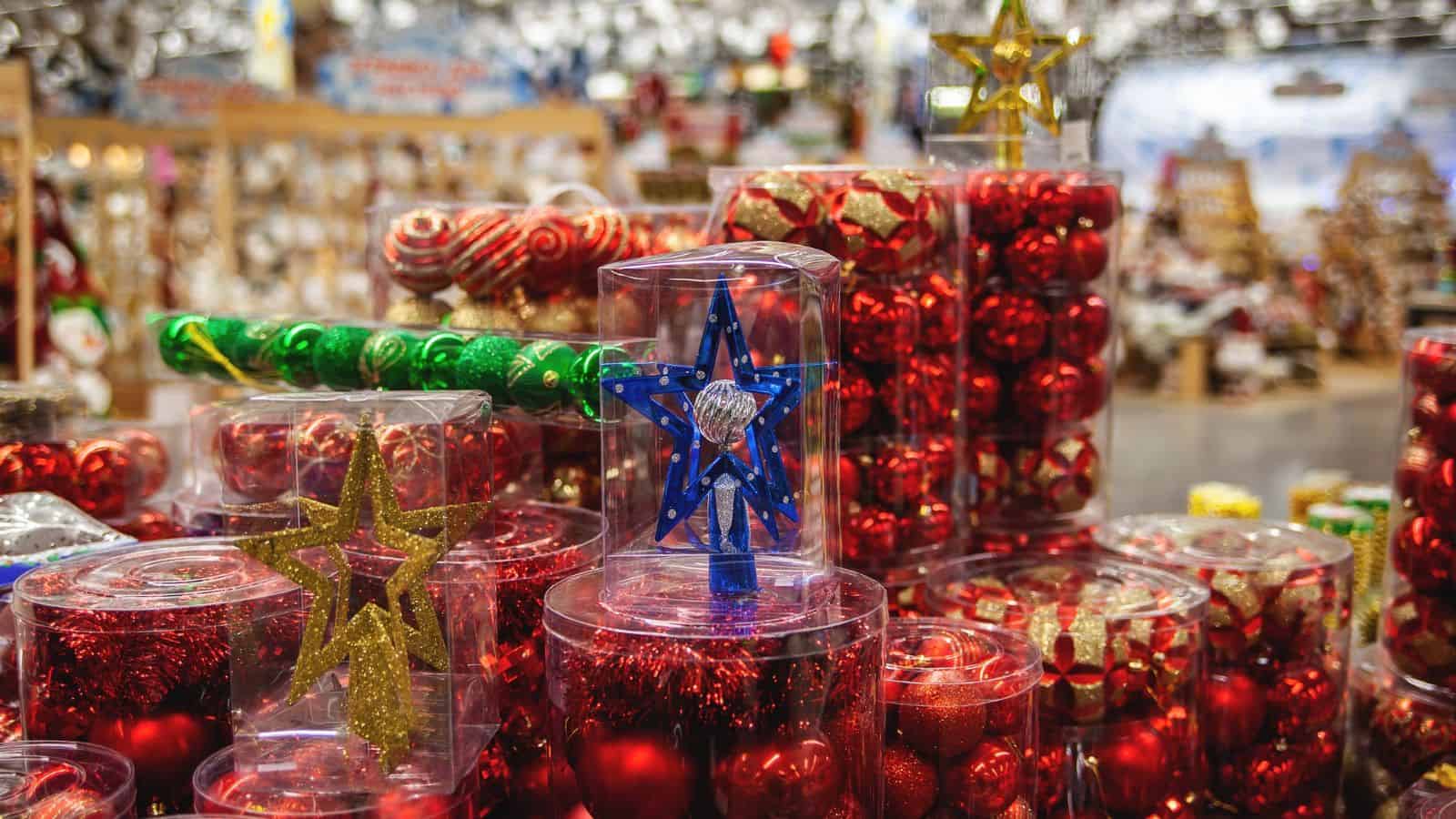
If there’s one thing people do with decorations after the holiday season ends, it’s shove them up into the attic and forget about them for a year. You may have gotten away with doing this so far, but certain more delicate items may eventually degrade in hot or damp attic conditions.
Art

Artwork can be damaged by fluctuating temperatures and pests in attics, so you should consider either displaying valuable pieces or storing them in professionally controlled environments. If you’re ever planning on selling your art, it’s even more essential not to keep it in an attic, as you may not have much left to sell after a few years.
Clothing
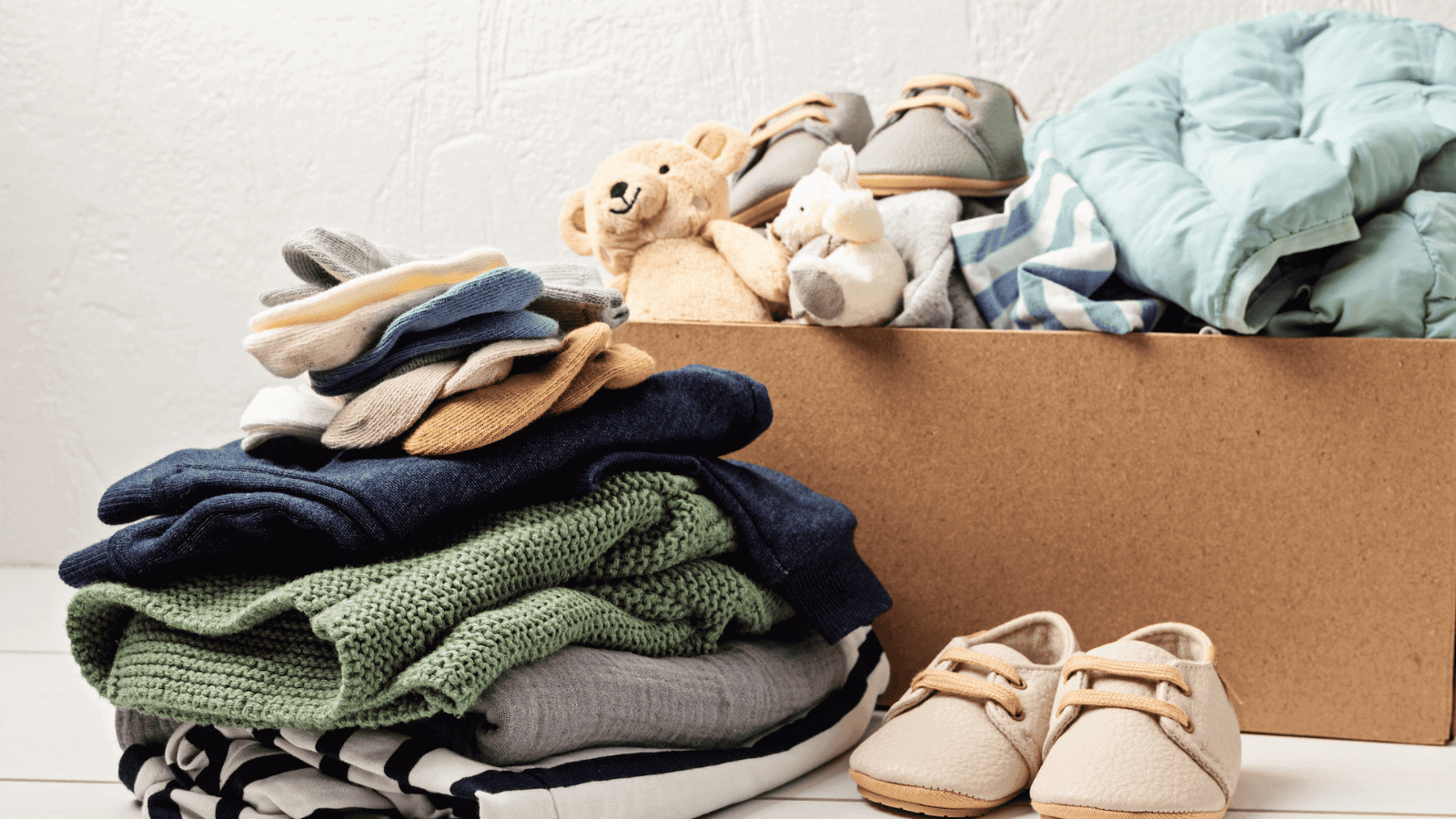
Not only do fabrics tend to attract pests, but they can also get moldy in humid conditions like those in an attic. Plus, who wants their clothes covered in dust or crawling with spiders? It’s better to use vacuum-sealed bags for clothes and store them under beds or in your closet.
Wool and Delicate Fabrics
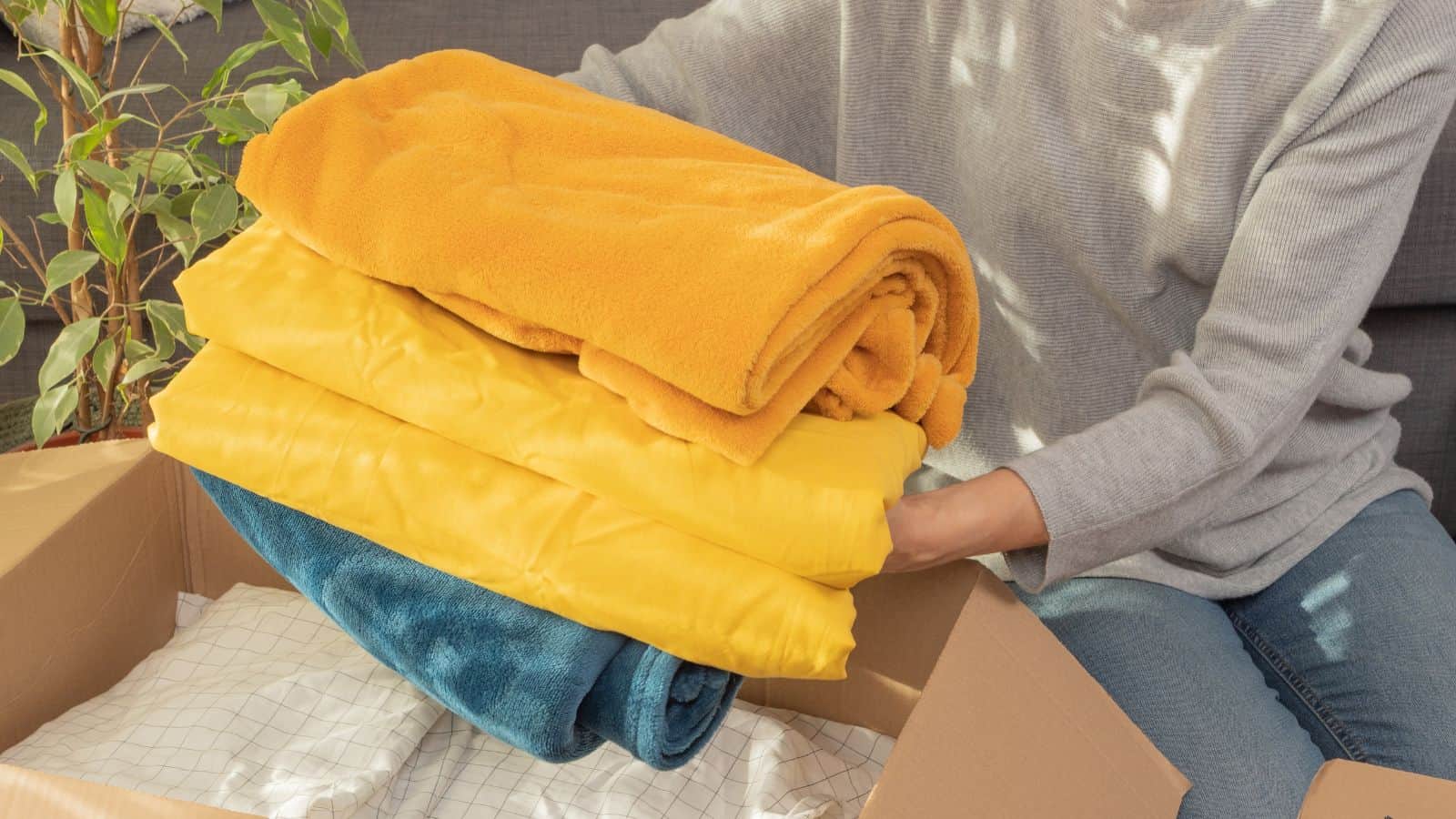
As shared by The University of Kentucky, moths, often found in attics, “feed exclusively on animal fibers, especially wool, fur, silk, feathers, felt, and leather.” Any clothing, accessories, bedding, and so on made with these materials shouldn’t be kept in attics for this reason. We suggest airtight containers with moth deterrents like cedar blocks instead.
Photographs and Film

Heat, humidity, and light can cause photos and film to fade, stick together, or degrade. So, you should store photographic materials away from light and in stable conditions—in other words, definitely not in an attic. You should also consider digitizing old photos and films to preserve their content.
Vinyl Records
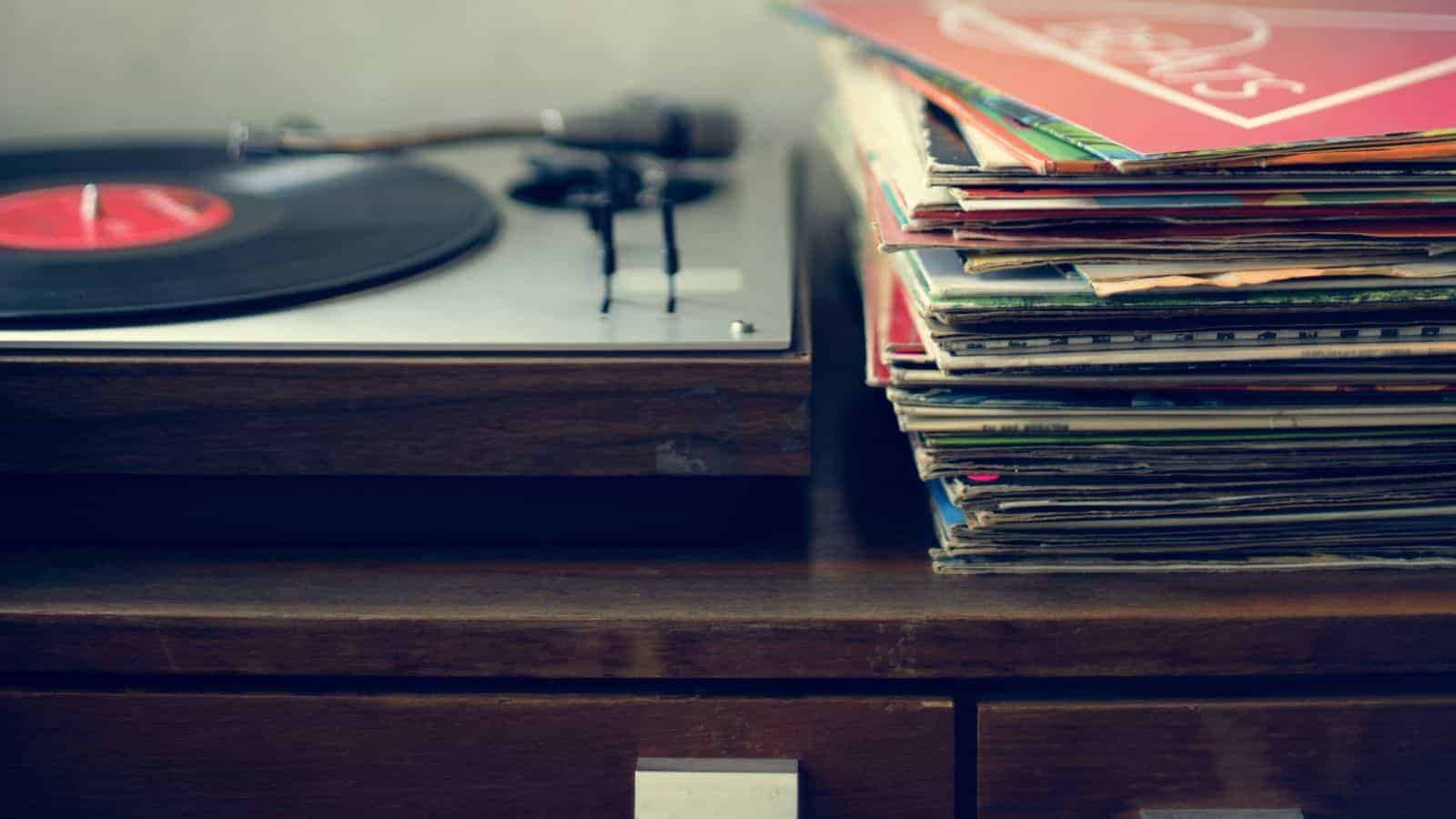
Vinyl can warp or become otherwise unplayable when exposed to high temperatures like those found in attics. It’s best to store vinyl records vertically in cool, dry conditions, away from direct sunlight. Regularly cleaning and storing your records in protective sleeves will help preserve their quality.
Up Next: 19 American Foods that Are Not Allowed in Other Countries
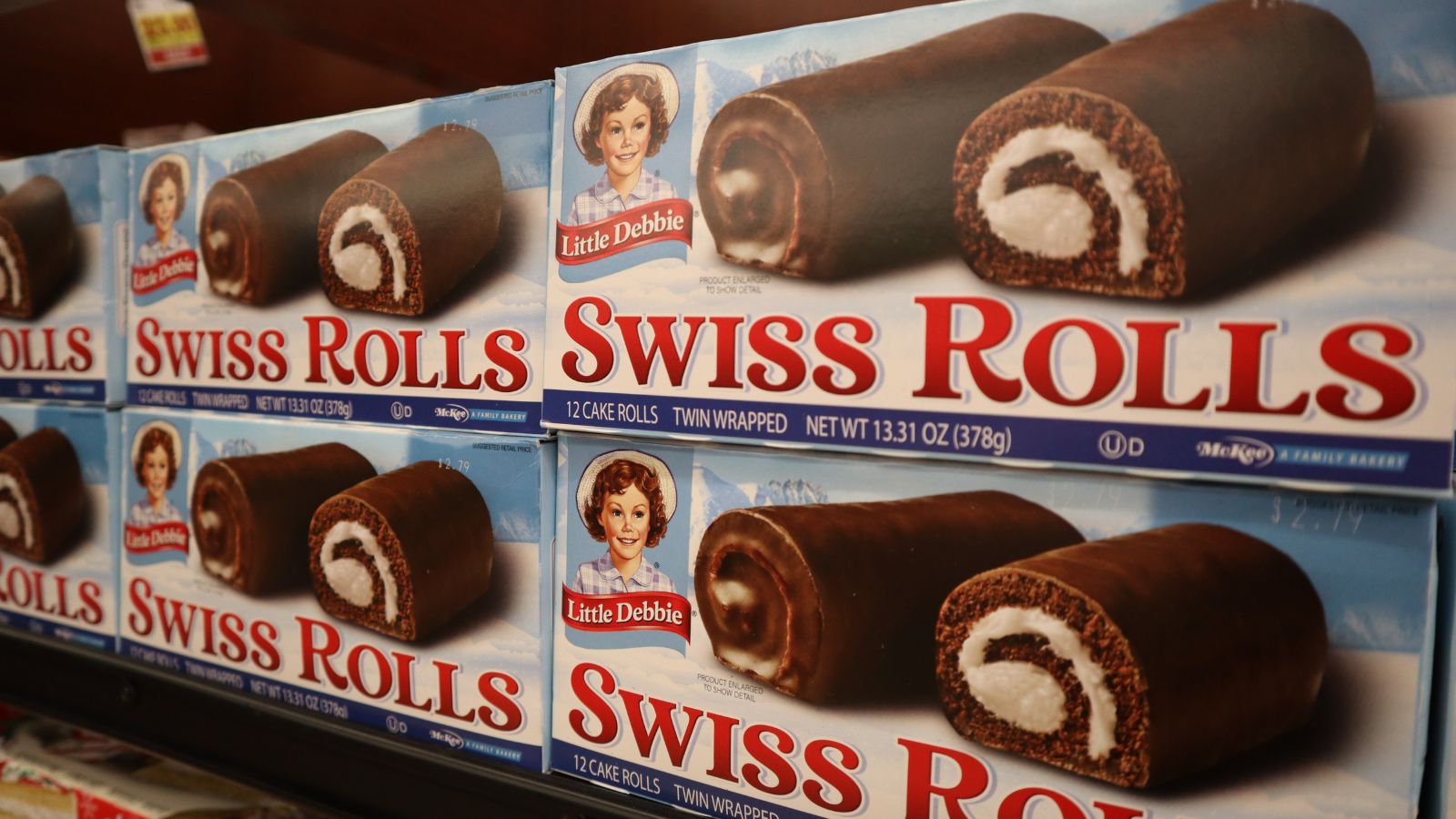
We can debate all day about who has the safest food supply in the world. Though, I’d bet you would be surprised at how many everyday American foods are banned in other countries. Most are due to chemical additives and pesticides, which, in places like the EU, cannot be approved for use unless proven safe. Let’s take a look at 19 of them.
19 American Foods that Are Not Allowed in Other Countries
19 Things That Will Happen When You Stop Drinking Alcohol

Whether you identify as an alcoholic or a casual drinker, alcohol can have a significant negative impact on your health. This is why more and more people are choosing to go cold turkey for the sake of their well-being. If you’re considering going sober but need a little more convincing, we’ve got you covered. Here are 19 things that will happen when you stop drinking alcohol.
19 Things That Will Happen When You Stop Drinking Alcohol
17 Things Guests Actually Notice Right Away About Your House

Inviting people into your home is a big deal. You may be very house-proud or house-conscious, and if you are either, you’ll likely get anxious about hosting. If this sounds like you, stop worrying and focus on the following 17 things that guests actually notice right away about your house.
17 THINGS GUESTS ACTUALLY NOTICE RIGHT AWAY ABOUT YOUR HOUSE
